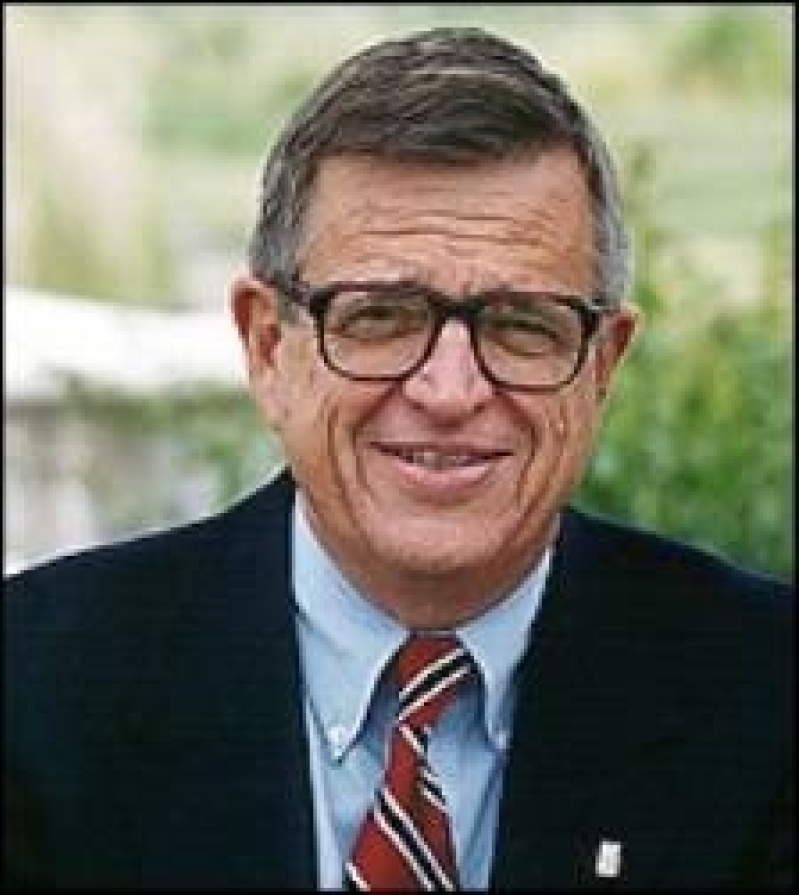
A prominent religious leader recently said that sex, however pleasurable it might be in the short run, leads to long-term trouble. He argued that celibacy is the way that leads to “more freedom.”
If you’re thinking that the leader was ridiculed for his comments, think again. The Associated Press described him as “waxing eloquent.” It probably helps that the “him” in question was the Dalai Lama.
Speaking in Lagos, Nigeria, the Tibetan leader said that giving in to “sexual pressure [and] desire” produces “short period satisfaction [that often] leads to more complication.”
While sexual desire is “natural,” the Dalai Lama said, our “human intelligence” should help us to understand the “ups and downs” that couples experience. In extreme cases, these “ups and downs” can take the form of “murder” and “suicide.” He even went on to say that attachment to our “partner” and even our children can become “an obstacle or hindrance [to our] peace of mind.”
Well, there are some things in these comments Christians can agree with. There’s also an awful lot that underscores the differences between Buddhism and Christianity.
For example, Christianity also commends celibacy. The apostle Paul wrote that whereas a married man is anxious about “how to please his wife,” the “unmarried man is anxious about the affairs of the Lord.” The avoidance of what Paul called “division of interest” is why Catholic priests are celibate.
But while both religions have a place for celibacy, their reasons are very different. For starters, in Christianity, celibacy isn’t chosen for the sake of the individual’s peace of mind. Nor to be detached from the world. Instead, it is something a person chooses to do for the sake of the Kingdom of God as a way to better serve God and his neighbor.
In addition, while Christianity acknowledges that marriage and family are full of “complications” and “ups and downs” that can cause suffering, it proclaims their goodness and sanctity.
Whereas in Buddhism, salvation consists of “becoming indifferent to the world, which is the source of evil,” in Christianity, “the world is God’s good creation, redeemed by Christ.”
For Christians, human institutions and their attachments are to be embraced, not renounced. This is especially true of the family.
As author Christopher West writes in his book Theology of the Body Explained, Christianity sees the union of husband and wife as “the fountainhead of civilization [and] the wellspring of culture.” Rather than being an obstacle to spiritual well-being, the conjugal relationship of spouses, when “open to God’s inspiration and ordered toward love and life . . . builds families and, in turn, a culture of love and life.”
Of course, as our hedonist culture has rejected the Christian view of sex, the result, as West observes, is the “disintegration of marriage” and “a culture of utility and death.”
Given the mess we have made of sex and marriage, the Dalai Lama’s detachment might look like a good alternative. But it pales in comparison to the joy experienced by husbands and wives who embrace God’s plan for creating a culture of love and life.
Yes, worldviews matter — a lot.
_______________________________________________________
From BreakPoint®, December 12, 2008, Copyright 2008, Prison Fellowship Ministries. Reprinted with the permission of Prison Fellowship Ministries. All rights reserved. May not be reproduced or distributed without the express written permission of Prison Fellowship Ministries. “BreakPoint®” and “Prison Fellowship Ministries®” are registered trademarks of Prison Fellowship







